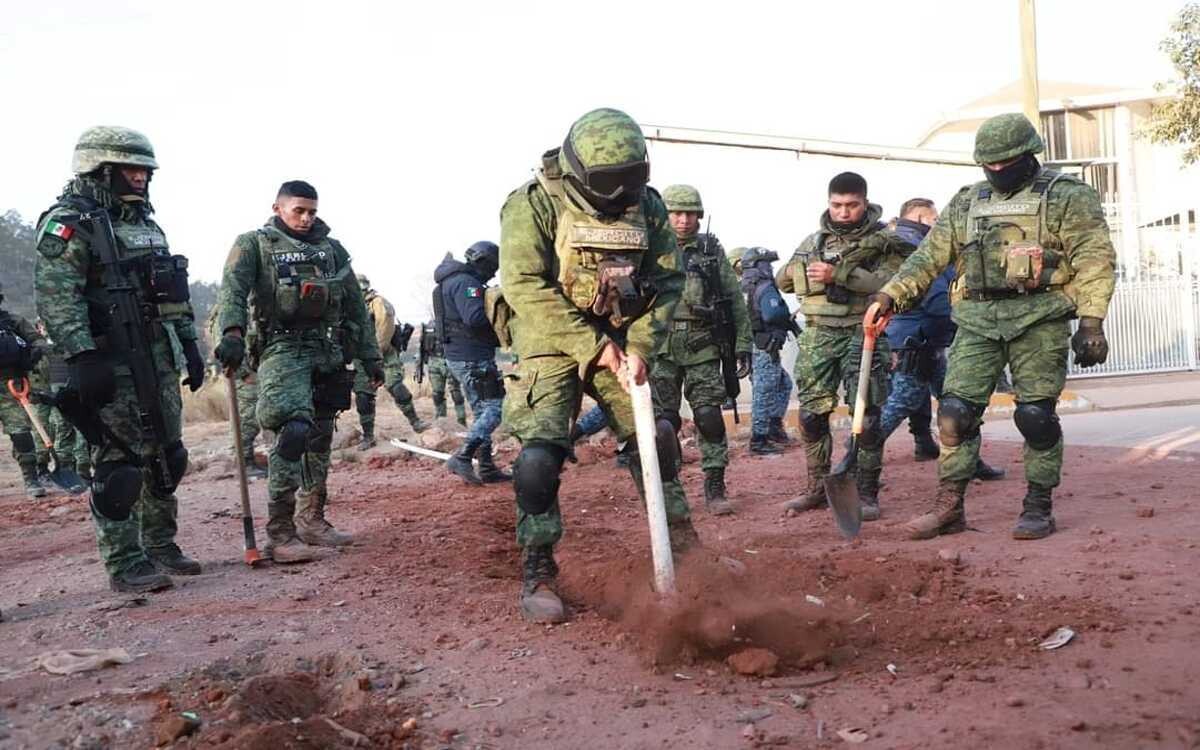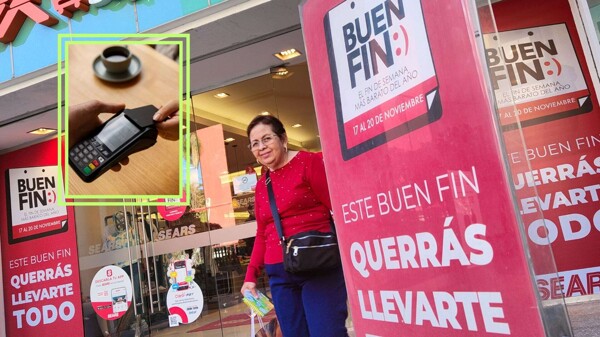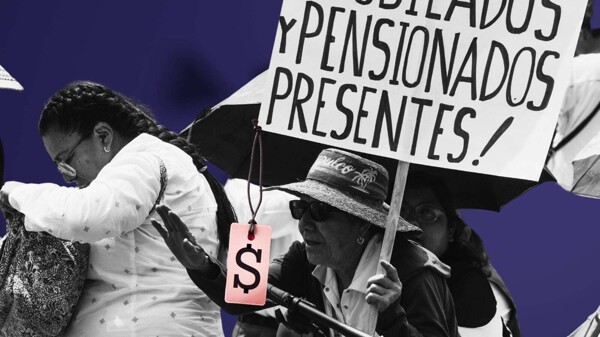
From January to August 2024, more than 8,000 illegal taps were registered due to hydrocarbon theft in Mexico. Reports indicate that this crime occurs throughout the country, with the highest numbers of holes in Hidalgo, State of Mexico, and Puebla. Other entities with high theft rates include Tamaulipas, Veracruz, Guanajuato, Querétaro, Baja California, and Tabasco. According to a public policy and public safety expert, fuel theft takes place in at least 24 entities, with different operating methods and variations in the actors involved.
The fight against fuel theft has been a priority on the agenda of the government of Andrés Manuel López Obrador. As of September 30, 2024, 72,337 illegal taps were recorded, with a daily average of 35. This crime, known as "huachicol," is not limited to illegal taps on pipelines, oil pipelines, and gas pipelines, but encompasses a whole culture surrounding fuel theft in the country.
According to Margarita Zapata Moreno, the coordinator in Mexico of the Amassuru Network of Women in Security and Defense, fuel theft involves a chain that goes from information provided by Pemex personnel, the extraction and distribution by criminal groups, to the illegal marketing to consumers. In states like Hidalgo, Puebla, and Guanajuato, "huachicoleo" has taken root in society, becoming a source of income for some communities.
The researcher found that fuel theft not only involves criminal groups, but also has the support of the local population, which benefits from this illegal activity through job sources and dividends. Furthermore, the involvement of Mexican drug trafficking cartels in the "huachicol" business has increased the complexity and danger of this crime, turning it into a significant source of illicit income for these organizations.
Despite the criminal complaints filed by Pemex, the expert points out that many of the criminal activities related to the illegal hydrocarbon market, such as transportation, storage, distribution, and sale, go unnoticed by the authorities. This indicates the need to strengthen strategies to combat "huachicol" to eradicate this form of crime in Mexico.














